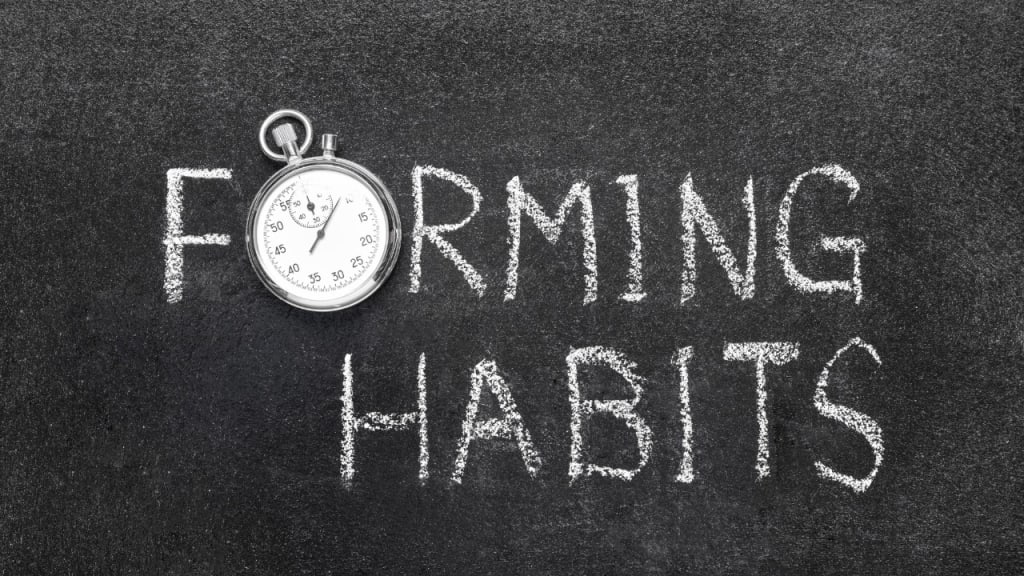The Simple Secret to Forming a Good Habit: A Guide to Success
Do you struggle with forming new habits, despite your best intentions? The truth is, forming a new habit takes more than just willpower. But, there's a simple secret that can increase your chances of success.

Habits are a powerful tool in shaping our lives, but they can be challenging to form and maintain. Whether it's exercise, a new diet, or learning a new skill, developing a new habit requires effort and commitment. Despite our best intentions, many of us find it difficult to stick to new habits for an extended period of time. But, there's good news. There's a simple secret to forming a good habit that can make the process much easier.
Understanding the Science of Habits
Habits are formed through a process known as habituation. This process occurs when a behavior becomes automatic as a result of repetition. When a behavior is repeated frequently, the brain recognizes it as a pattern and eventually begins to perform it without conscious thought.
The Importance of Consistency
Consistency is the key to forming a good habit. The more consistent you are in performing a behavior, the more likely it is to become automatic. The easiest way to ensure consistency is to perform the behavior at the same time and in the same location every day. This will help to trigger the habit and make it easier to perform automatically.
The Power of Positive Reinforcement
Positive reinforcement is a powerful tool for forming new habits. When you reward yourself for performing a behavior, you are more likely to repeat it in the future. The reward doesn't have to be anything significant; it could be as simple as treating yourself to a favorite food or activity after completing the behavior. The important thing is that the reward is something that you look forward to and that motivates you to repeat the behavior.
People also ask
How do I start a new habit?
Starting a new habit requires a clear intention, a plan and consistency. Here are some steps to help you start:
- Identify the habit you want to form
- Break it down into small, achievable actions
- Choose a trigger to associate with the new habit (e.g. after breakfast)
- Make it a priority and build it into your daily routine
- Track your progress and celebrate your successes
- Be patient and persistent, and don't beat yourself up if you slip up.
What is the better than nothing habit?
The "better than nothing habit" is a term used to describe the idea that taking small, consistent steps towards a goal is better than doing nothing at all. It's about making progress, no matter how small, and building momentum towards a desired outcome. By focusing on progress, rather than perfection, you can maintain motivation and keep moving forward.
How do you keep a habit going?
Keeping a habit going requires consistent effort and self-discipline. Here are some tips to help:
- Make it a non-negotiable part of your routine
- Hold yourself accountable through tracking and goal-setting
- Surround yourself with supportive people who encourage your habit
- Use positive self-talk and visualization to reinforce your commitment
- Reward yourself for sticking with the habit and make it enjoyable
- Be patient and flexible, and don't give up if you slip up.
Conclusion
Forming a new habit can be challenging, but it doesn't have to be. By understanding the science of habits, focusing on consistency, and using positive reinforcement, you can increase your chances of success. Remember, forming a new habit takes time and effort, but the rewards are well worth it. So, go ahead and try the simple secret to forming a good habit today and see how it can transform your life.





Comments
There are no comments for this story
Be the first to respond and start the conversation.